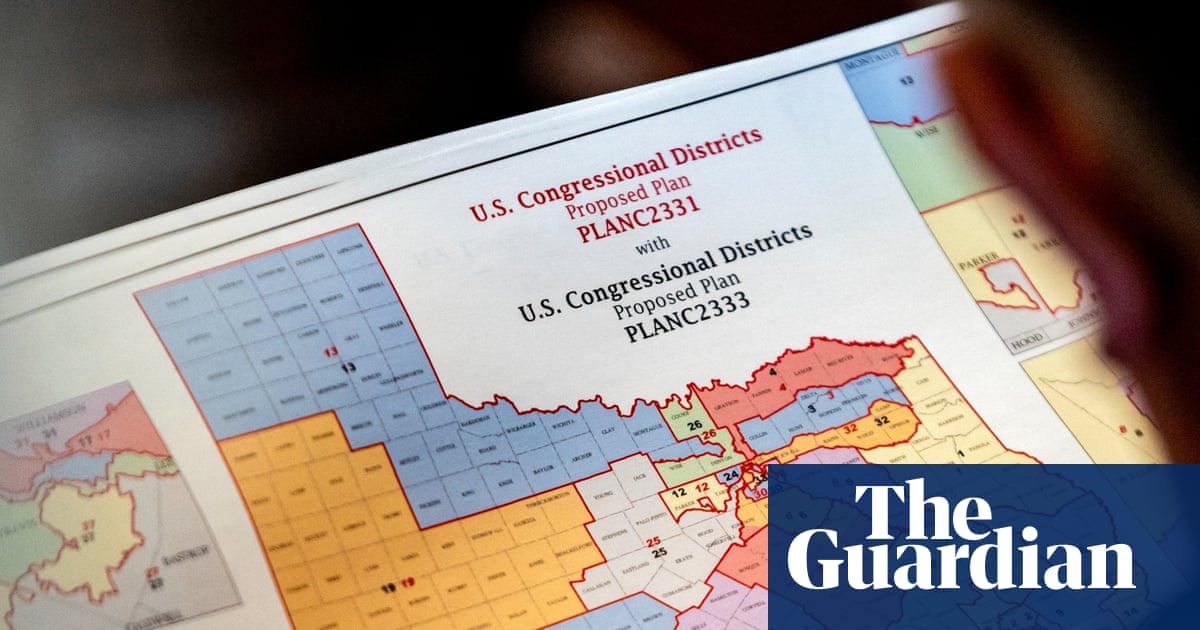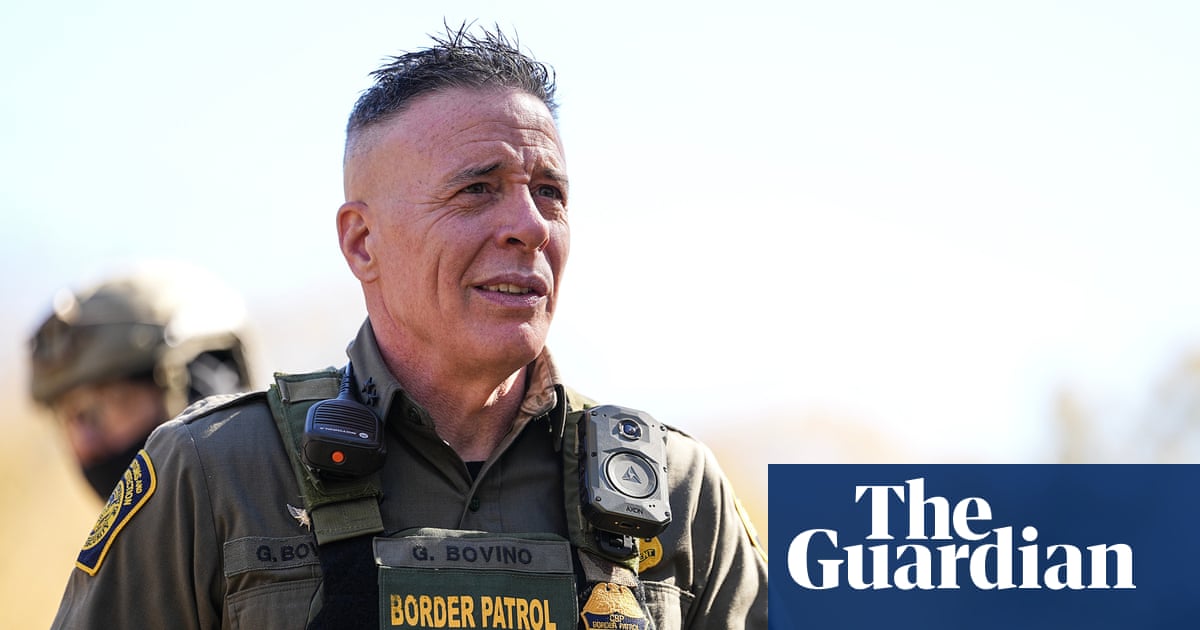Little in Dan Driscoll’s résumé – past or present – suggests he has the qualifications to understand the often-tortured and bloody history of relations between Russia and Ukraine.
A former investment banker with a degree in business administration, the current US army secretary’s main calling card for a prominent role in the Trump administration may be a friendship with JD Vance dating from when they were at Yale Law School together.
Against that thin backdrop, Driscoll now finds himself in the unlikely role of US point man between Kyiv and Moscow as Donald Trump seeks to live up to his promise to end the near four-year war between the two countries, something he once promised to do on “day one” of his presidency.
Indeed, it is Driscoll’s very unfamiliarity with the underlying issues that may make him suited for a role Trump assigned him last week as a messenger between Russia’s president, Vladimir Putin, and his Ukrainian counterpart, Volodymyr Zelenskyy.
Previously seen by the president as the “drone guy” due to his interest in state-of-the-art technology, the army chief – not yet 40 – found himself on Thursday delivering a 28-point White House peace plan to Zelenskyy that Ukrainians and their European allies have denounced as a “capitulation” that effectively rewards Moscow for its aggression.
He is expected to go to Russia this week to discuss the plan with the Kremlin and will also talk to the US’s European Nato allies – a delicate task given the gulf that has opened up between Europe and the Trump administration.
Driscoll’s mission as the bearer of bad news to Zelenskyy seems in keeping with the attitudes of his friend Vance, who notoriously berated the Ukrainian leader for showing insufficient gratitude for US aid in a combustible visit to the White House last February. His newfound prominence also coincides with the sidelining of Trump’s official Ukraine envoy, Keith Kellogg, who is seen as broadly sympathetic to Kyiv but is expected to step down in the coming weeks.
It also contrasts with the declining political fortunes of Driscoll’s ostensible Pentagon boss, the defense secretary – or self-styled “secretary of war” – Pete Hegseth, who has apparently been deemed unsuitable for such a delicate task after a spate of controversies and negative headlines, including over his focus on troops’ grooming and physical fitness.
“There’s not a lot of trust in Hegseth to deliver these messages to key leaders,” a person familiar with administration dynamics told Politico. “There is more trust in Dan to do that right now.”
Diplomatic neophyte that he may be, Driscoll’s advocates argue that his rise is due to more than just the default of others.
Since being sworn in on 25 February, he is said to have impressed White House insiders as one of the administration’s most skillful performers.
As army secretary, he is tasked with the unglamorous job of managing the budget and overseeing its 1 million-plus strong workforce of active duty personnel, national guard and reserve soldiers, as well as about 265,000 civilian employees.
He has been involved in Trump’s controversial deployment of national guard units to US cities on law-and-order missions, a role that has taken him on regular visits to the White House.
Also burnishing his internal reputation has been his assumption, since April, of an additional role of acting director of the Bureau of Alcohol, Tobacco, Firearms and Explosives, taking over from the FBI director, Kash Patel, who had also held the post on a temporary basis.
The son of a former soldier who served as an infantryman in Vietnam, Driscoll served in the US army more than three years, including a nine-month deployment to Iraq in 2009. His service was distinguished by several military awards, including an army commendation medal.
after newsletter promotion
He later worked as an intern on the Senate’s committee on veteran affairs before moving on to work for an investment bank in Charlotte, North Carolina, ascending to the position of chief operating officer.
While none of this necessarily recommends his deployment to Ukraine in an unaccustomed diplomatic role, Driscoll has made complimentary references to the country – namely on the subject of drone technology, which he has been seeking to acquire in his role as army secretary and which was the original purpose of his already-scheduled Kyiv trip before Trump expanded the remit.
Talking to reporters at the Pentagon this month, he praised Ukraine’s ability to improvise and mass produce effective drones, holding it up as an example to the US defence industry.
“When you look at Ukraine, [they] have not accepted the current version of a thing as sufficient, and they have MacGyvered and come up with whatever they have to do to get to an outcome they need,” he said.
“There are no rules to get to that outcome, and they just achieve the thing,”
The comments came against the backdrop of attempts by the US and Ukraine to reach a deal on exchanging drone and autonomous munitions technologies.
The US has set a target of buying 1m drones over the next two to three years – a figure beyond American defence contractors’ production capacity.
Kyiv may see its renowned drone facility, illustrated by its current production of more than 1.5m a year, as a bargaining chip that can be used to hold the worst of a bad deal at bay – in which case, Driscoll could be a useful interlocutor.

 German (DE)
German (DE)  English (US)
English (US)  Spanish (ES)
Spanish (ES)  French (FR)
French (FR)  Hindi (IN)
Hindi (IN)  Italian (IT)
Italian (IT)  Russian (RU)
Russian (RU)  42 minutes ago
42 minutes ago
























Comments